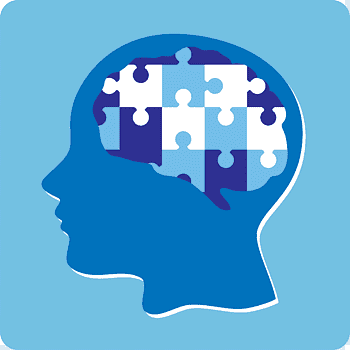Any task designed to entertain the solver and has a well-defined solution is recognized as a puzzle. In addition to being fun, puzzles enhance your brainpower and moods while equipping you with essential life skills such as logical thinking.
Meanwhile, there are several types of puzzles available on the market. If you wish you benefit maximally from solving puzzles, you should first learn about the different types.

Mechanical Puzzles
Rubik’s Cube is perhaps the most common variant in this category. Another is jigsaw puzzles, considered by most puzzlers as the logo for puzzling. Mechanical puzzles can be solved by trial and error, though the Rubik’s Cube may require you to apply some logical and mathematical skills as well.
Trivial Puzzles
Some trivial puzzles are customized, while others are plain. With this puzzle type, the player must have a clue on the topic or have the ability to learn during gameplay. It is not uncommon to find trivial puzzles in novice escape rooms, which can sometimes be frustrating.
Cryptic Puzzles
Cryptic puzzles are commonly found in escape rooms and puzzle hunts, alternatively known as designer puzzles, cryptic puzzles are designed to be solved most once by a since person. A perfect example of a cryptic puzzle is the Swiper No Swiping puzzle.
Though the solution should be well-defined, the mechanics involved are vague, and it is up to the solver to continue guessing until they find the right interpretation. Designing cryptic puzzles requires practice and a deep understanding of the target audience. Usually, it is hard to tell by a single glance whether the mystery is top-notch challenging or simply poorly designed.
Word Puzzles
These puzzles demand knowledge of the language. However, some experts argue that most word puzzles are mathematical—for example, there approximately 120 ways to manipulate a five-letter word without repeating any letters.
Crosswords and boggle puzzles fall under this category. Generally, word puzzles based on definitions require a bit of flexibility. Therefore, designing them requires finesse and experience, while answering them requires a good command of language.
Others, such as Places, Please, are logic-based though they use words. That is because they do not require prior knowledge of terms, as all required names are provided. Players must use logic to figure out how the words fill out the grid.
Logic Puzzles
You have to follow particular rules to complete a logic puzzle. Generally, logic puzzles require unique solutions. As you will out the grid, the puzzle becomes easier. Perfect examples of logic puzzles include Sudoku and picross.
Pattern Puzzles
You have probably encountered this type of puzzles somewhere in your schooling journey. Pattern puzzles require logic and basic mathematical skills. You will first have to recognize the pattern in the numbers provided to figure out how to find the solution.
Example; Find the next two numbers; – 4, 24, 96
Conclusion
Now that you are familiar with the various types of puzzles, you can select one that suits your interests. Solving puzzles is fun and helps you unwind while providing you with the ideal escapism.